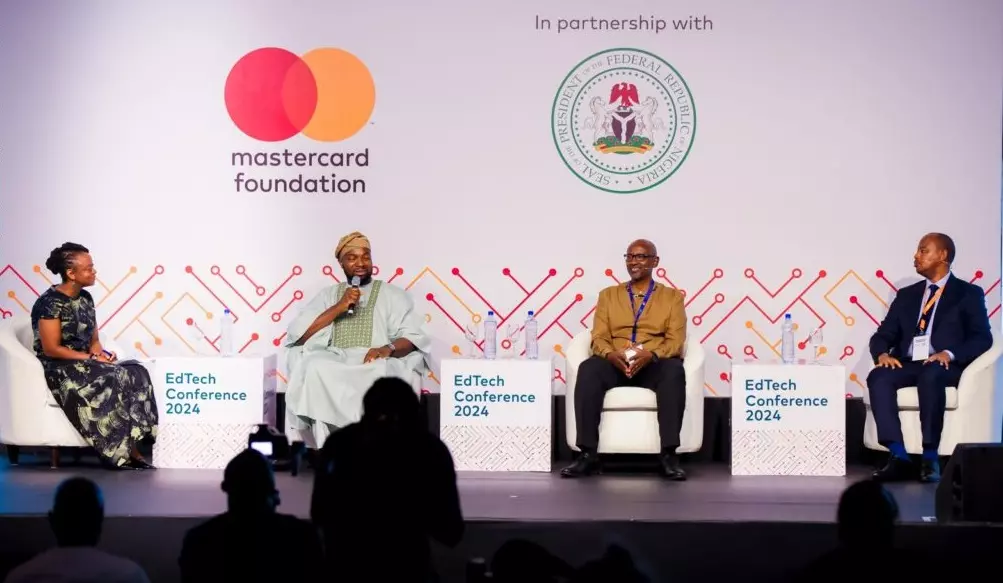Recommendations of the Mastercard Foundation EdTech Conference 2024 in Abuja

The EdTech community converged in the beautiful city of Abuja, Nigeria from July 8-10, 2024 to have a conversation about the sector. In this conference, convened by the Mastercard Foundation's Centre for Innovative Teaching and Learning, different stakeholders brought in their contributions towards the future of the sector. This was done in partnership with the Federal Government of Nigeria. The theme of the conference was "Education Technology for Resilient and Inclusive Learning in Africa."
In the three days of the Edtech Conference in Abuja, the high-level convening of stakeholders – EdTech entrepreneurs, investors, policymakers, funders, and users – committed to accelerating quality and equitable education for young people through technology. Together, they explored cutting-edge ideas, strategic partnerships, and the future of education technology in Africa.
Esoma Solutions was represented as an innovator at the conference, playing its part in shaping the future of EdTech in the continent.
Conference's Draft Recommendations
After three intense days of high-level deliberations, the conference emerged with ten recommendations to be presented to the Ministerial Forum for consideration as follows;
- Enhance intentionality and continuity around comprehensive inter-ministerial policies, strategies and plans that deliver on technology-enabled access to education for all
- Prioritize investment in foundational infrastructure (electricity, internet, devices) as well as dedicated infrastructure for EdTech programs - e.g. through creative use of resources such as Universal Service Funds
- Invest in technology to enable government to collect timely, accurate education data to make informed decisions
- Enhance capacity along the EdTech value chain by upskilling leaders in education systems to better integrate technology and teachers to deliver learning using EdTech
- Ensure that EdTech policy and supports are in place to encourage local innovation, with government as a proactive enabler and consumer of quality content and delivery
- Introduce (where not existent) and enforce clear standards for integration of technology into educational curriculum
- Ensure standardized (clear and timely) guidelines and approval process for educational content, EdTech tools, and institutional licenses to foster innovation and encourage investment
- Develop flexible pathways which leverage technology for out of school youth to access learning with accredited certification and enable re-entry to the formal education system
- Establish strategic private-public partnerships that support responsive, evidence-based policy and make access to digital content affordable for all
- Center and regularly engage diverse young people throughout the development of policies and solutions
Next Steps after Conference
The next steps will include a follow up on the implementation of the draft recommendations. Each player has a role in ensuring that the recommendations take shape, and that they contribute to the improve learning outcomes in the continent. The next conference is scheduled for 2026, where a review shall be done of the progress made in use and integration of EdTech in the continent
